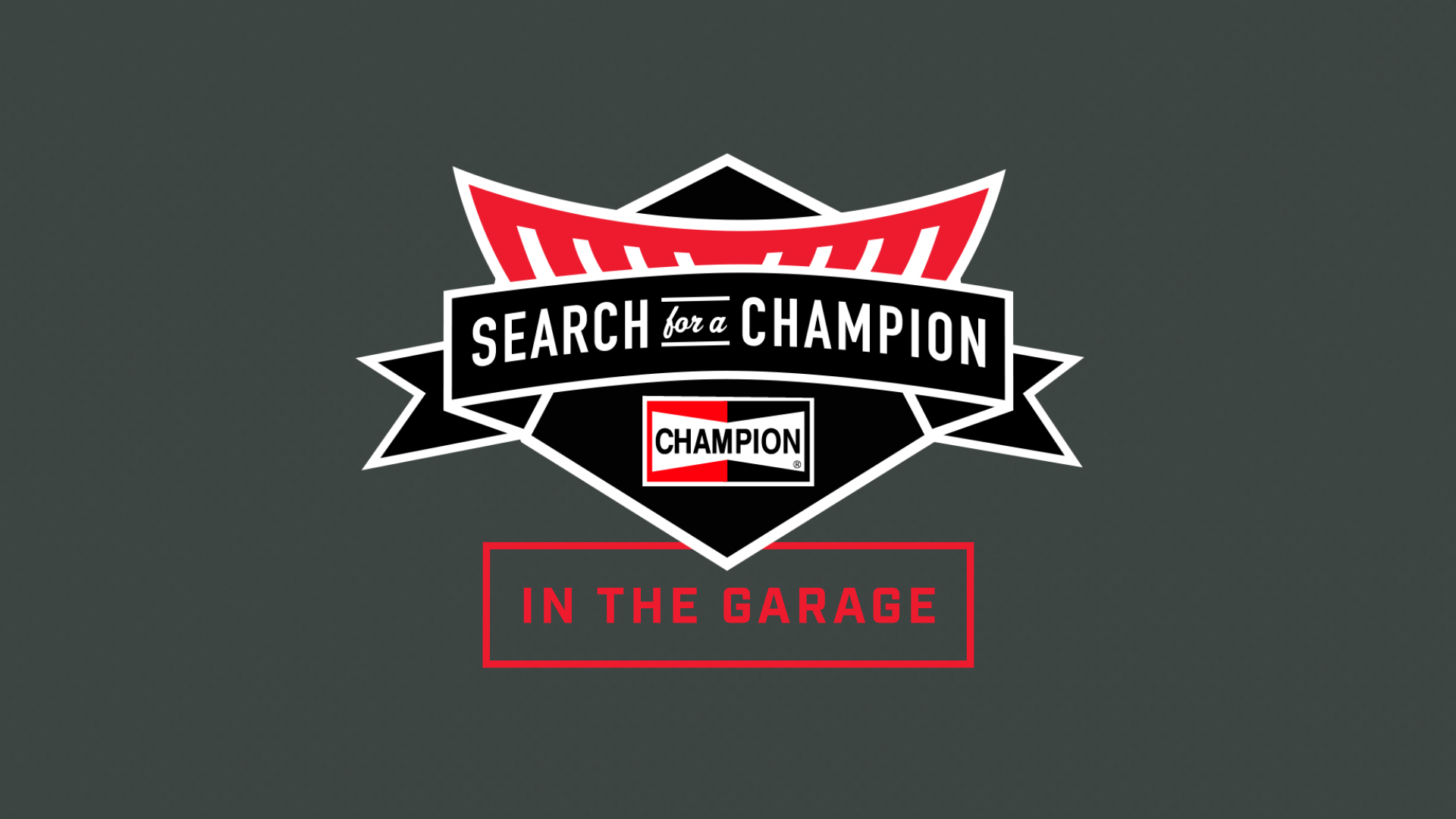Decreased Gas Mileage
Today’s vehicles are getting better gas mileage than ever before and each new model pushes the mileage barrier forward. Gas prices will inevitably fluctuate and when they are at a low point, drivers tend to move concern about their gas mileage to the back of their thought process. It’s easy to fall into that ‘gas prices are low and mileage is still pretty good, what’s to worry about?’ false sense of security. If you’re not getting the best mileage that you can, that old gas pump is insidiously reaching into your pocket and removing an excess amount of your money every time you stop by. More importantly, decreasing gas mileage may be a harbinger of more serious trouble for you and your vehicle.
What to Look For
With all of the combinations of displays available on today’s dashboards, keeping track of your gas mileage is relatively straightforward. Many instrument displays will automatically calculate it for you at the push of a button. One of the causes of decreased gas mileage that we’ll talk about below, is poor driving habits. A display that continuously shows your instantaneous gas mileage is a great help in improving your driving habits to maximize your mileage.
Causes
Decreased gas mileage is one of the automotive issues that have many different causes that may be acting alone or in combination with others. Here are a few causes to be on the lookout for:
A bad oxygen sensor and/or a clogged air filter can reduce your mileage up to 20%. The oxygen sensor is connected to your vehicle’s computer and typically sends a lean-bias signal telling the computer that the air/fuel mixture is too lean and needs more fuel. The computer obeys and sends your engine an excess amount of fuel over and above what it actually needs. The result is wasted gas.
Worn or dirty spark plugs prevent your engine from efficiently burning all of the fuel in the combustion chamber resulting in wasted gas.
Low tire pressure increases your vehicle’s rolling resistance causing your engine to work harder (and use more fuel) to move your vehicle along the road.
An inaccurate or defective coolant sensor or engine thermostat will send an incorrect signal to the engine computer causing the computer to think the engine is cold and supply more fuel.
Dirty or clogged fuel injectors will cause inefficient combustion, wasting gas.
A big cause of decreased gas mileage can be chalked up to poor driving habits. Things that fall into this category include keeping the A/C on too much, which puts a load on your engine making it use more gas; too much idling—newer cars don’t need too much of a ‘warm up’ period and more than 30 seconds or so just wastes gas; driving at high speed also uses more gas than necessary; and using a roof rack to carry cargo can decrease your mileage anywhere from 2% in city driving to 20% at interstate highway speeds.
What to Do
One of the cures for decreased gas mileage you can do yourself and it’s free—adjust your driving habits to minimize wasting fuel. Other cures are more problematic and the sheer number of possible causes will probably require taking your vehicle to a trained professional mechanic who has the necessary tools and ability to diagnose the correct cause.
If you need parts such as spark plugs and filters to correct the problem, insist on reputable brand-name parts from well-known manufacturers such as Champion. Champion makes many different types of spark plugs and filters, and one is bound to be the proper type for your vehicle. You should also make sure that the parts you buy are genuine, not low-budget counterfeit products.
Results
The results of a proper diagnosis and cure for your mileage issues will keep you on the road far longer and leave you smiling every time you pass a gas station without stopping to fill up. Your wallet will be happier also.
The content contained in this article is for informational purposes only and should not be used in lieu of seeking professional advice from a certified technician. We encourage you to consult with a certified technician if you have specific questions or concerns relating to any of the topics covered herein.
Related Parts
Champion® offers a wide variety of products for all your automotive needs.
Check them out!
